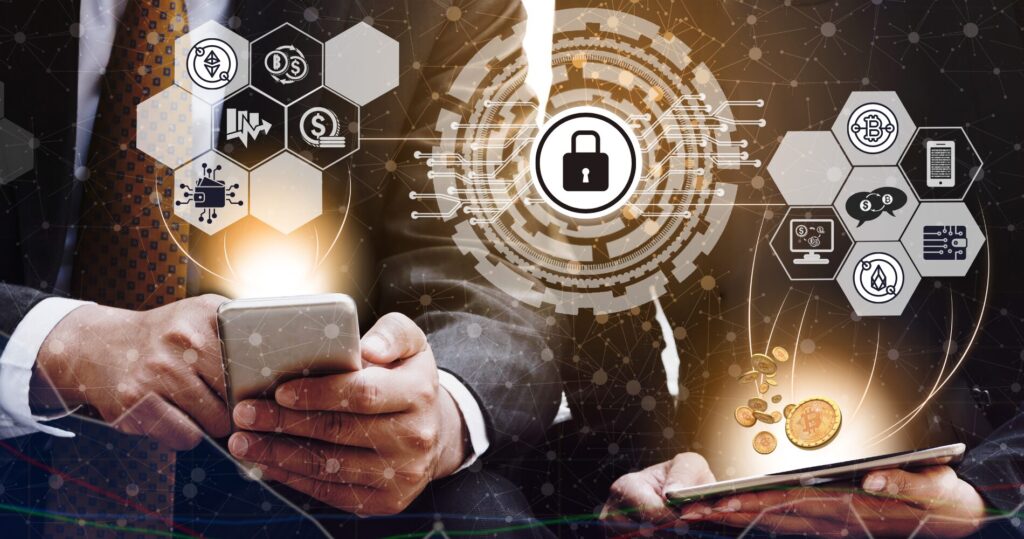The Importance of Crypto Wallet Security
In the rapidly evolving world of cryptocurrencies, ensuring the security of your digital assets is paramount. Whether you are a seasoned investor or just starting out, understanding how to secure your crypto wallet is crucial. This article will provide you with essential tips and strategies to protect your cryptocurrencyand ensure the safety of your investments.
Choosing the Right Crypto WalletTypes of Crypto Wallets
There are several types of crypto wallets available, each with its own level of security:
- Hardware Wallets: These are physical devices that store your private keys offline. They are considered the most secure option as they are immune to online hacking attempts. Examples include Ledger Nano S and Trezor.
- Software Wallets: These are applications that you install on your computer or smartphone. While they offer convenience, they are more vulnerable to malware and hacking.
- Paper Wallets: These involve printing your private keys on a piece of paper. While they are immune to online threats, they can be lost, stolen, or damaged.
- Online Wallets: These are hosted by third-party services. They offer ease of use but are more susceptible to hacking and phishing attacks.
For a comprehensive guide on the best wallets, visit our Crypto Wallets section.
Best Practices for Choosing a Wallet
- Research: Look for reviews and user feedback to choose a reliable wallet.
- Security Features: Ensure the wallet offers strong encryption, two-factor authentication (2FA), and backup options.
- User Experience: Select a wallet that is user-friendly and fits your level of expertise.
Protecting Your Private KeysWhat Are Private Keys?
Private keys are the cryptographic codes that allow you to access and manage your cryptocurrency. If someone gains access to your private keys, they can control your funds.
How to Secure Your Private Keys
- Keep Them Offline: Store your private keys in a hardware wallet or a paper wallet.
- Use Strong Passwords: Ensure your wallet is protected by a strong, unique password.
- Enable 2FA: Two-factor authentication adds an extra layer of security.
- Backup Your Keys: Keep multiple backups of your private keys in secure locations.
Staying Safe OnlineAvoid Phishing Attacks
Phishing attacks involve malicious actors attempting to steal your sensitive information by pretending to be a trustworthy entity. To avoid these attacks:
- Verify URLs: Always check the URL of the website you are visiting.
- Avoid Clicking on Suspicious Links: Be cautious with links received via email or social media.
- Use Browser Extensions: Consider using browser extensions that warn you about phishing sites.
Use Secure Networks
- Avoid Public Wi-Fi: Public Wi-Fi networks can be insecure and easy targets for hackers.
- Use a VPN: A Virtual Private Network (VPN) encrypts your internet connection, providing an extra layer of security.
For more security tips, check out our Security Tips section.
Regularly Update Your SoftwareImportance of Updates
Software updates often include security patches that fix vulnerabilities. Ensure that your wallet software and any related applications are always up to date.
How to Stay Updated
- Enable Automatic Updates: If your wallet supports it, enable automatic updates to ensure you are always running the latest version.
- Check for Updates Manually: Regularly visit the official website of your wallet provider to check for any updates.
Diversi#fy Your InvestmentsSpread Your Risk
Just as with traditional investments, it’s wise to diversify your cryptocurrency holdings. By spreading your investments across multiple wallets and cryptocurrencies, you reduce the risk of losing all your assets in the event of a security breach.
Use Multiple Wallets
Consider using different types of wallets for different purposes. For instance, use a hardware wallet for long-term storage and a software wallet for everyday transactions.
Stay Vigilant and Informed
Securing your crypto wallet requires a combination of best practices and vigilance. By choosing the right wallet, protecting your private keys, staying safe online, regularly updating your software, and diversifying your investments, you can significantly reduce the risk of losing your digital assets.







